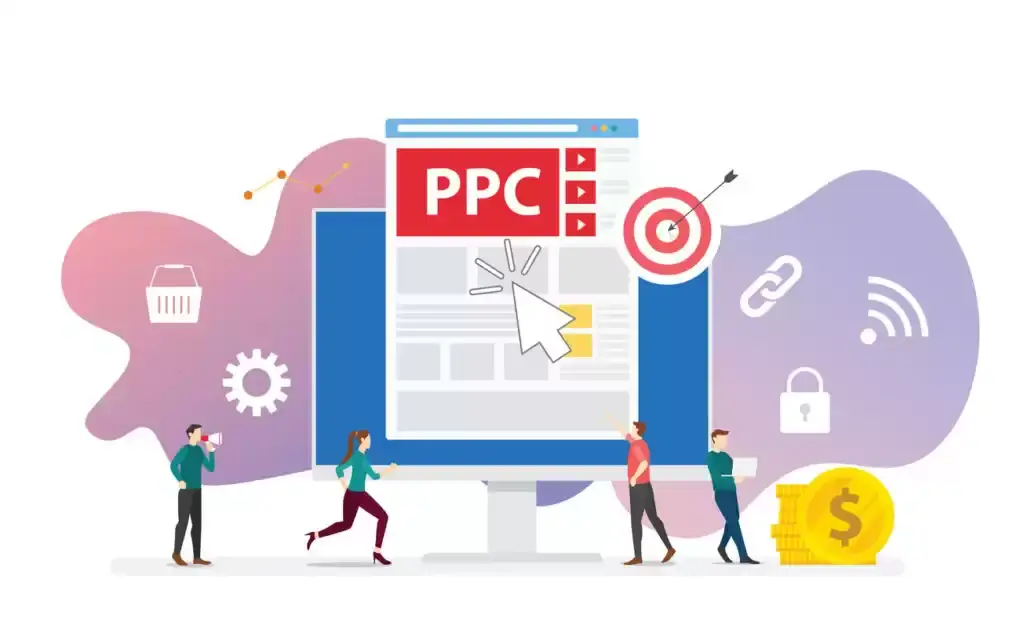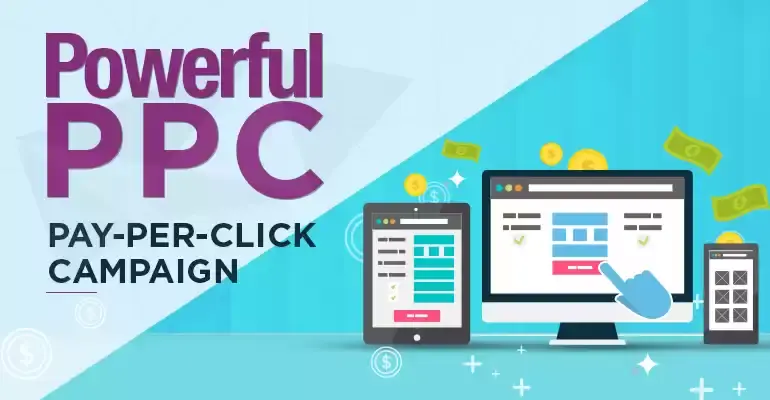
In today’s world, having an ecommerce website is not enough. With increased competition and changing customer behavior, it’s crucial for ecommerce businesses to invest in effective marketing strategies to reach and convert their target audience. One such strategy is pay-per-click (PPC) advertising, and going for expert PPC Services for Ecommerce Websites can help.
PPC advertising involves placing ads on search engine results pages (SERPs) and other relevant websites and paying only when someone clicks the ad. This makes it a cost-effective way to reach potential customers actively searching for products or services related to your business.
But not all PPC campaigns are created equal. To truly reap the benefits of PPC Services for Ecommerce Websites, ecommerce businesses must invest in expert PPC services. Here’s a complete guide to help you boost your sales with an effective PPC strategy for e-commerce:

I. Introduction
PPC advertising has become an essential tool for ecommerce businesses to drive sales and grow their brand. In this guide, we’ll explore how expert PPC services can help your ecommerce business reach its target audience, build effective campaigns, and optimize them for maximum performance.
II. Understanding Your Target Audience
Defining your target audience is a crucial first step in building an effective PPC campaign. Knowing your ideal customer’s demographics, interests, and buying behavior will help you create targeted ads that resonate with them. Conducting keyword research will also help you identify the keywords and search terms your target audience uses to find products or services like yours.
III. Building Effective PPC Campaigns
Building an effective PPC strategy for ecommerce involves defining campaign goals and objectives, creating ad groups and selecting relevant keywords, writing compelling ad copy, and setting up conversion tracking and monitoring performance.
IV. Optimizing
Your PPC Campaigns require ongoing optimization to ensure they deliver the desired results. This includes split testing ads and landing pages, adjusting bids and budgets, conducting regular performance analysis, and making necessary changes.

By following these first few steps, ecommerce businesses can see improvements in their PPC advertising performance. However, to truly succeed and maximize sales, there are a few more things to consider. Are you ready to take your ecommerce PPC strategy to the next level? Let’s dive in and explore some best practices and common challenges for PPC services for ecommerce websites.
Best Practices for Ecommerce PPC
Overcoming Common PPC Challenges for Ecommerce
Conclusion
Expert PPC Services for Ecommerce Websites can help ecommerce businesses reach their target audience, build effective campaigns, and optimize them for maximum performance. By understanding their target audience, building effective campaigns, and following best practices, ecommerce businesses can overcome common challenges and achieve their sales goals. If you want to improve your ecommerce PPC strategy, consider partnering with an expert Digital Marketing agency to help take your campaigns to the next level.
FAQs
What is PPC advertising, and how does it work?
PPC advertising involves placing ads on search engine results pages (SERPs) and other relevant websites and paying only when someone clicks the ad. The cost per click (CPC) varies depending on the competition for the keyword and the ad’s relevance and quality score.
How can expert PPC services help my ecommerce business?
Expert PPC services can help your ecommerce business reach its target audience, build effective campaigns, and optimize them for maximum performance. This can increase website traffic, higher conversion rates, and sales.
What are some best practices for building effective PPC campaigns for ecommerce?
Some best practices for building effective PPC Services for Ecommerce Websites include creating compelling product ads, implementing dynamic product ads, incorporating ad extensions, and optimizing mobile devices. It’s also important to conduct regular performance analysis and make necessary changes to optimize campaigns.
How can I measure the success of my ecommerce PPC campaigns?
Measuring the success of your ecommerce PPC campaigns involves tracking and analyzing performance metrics, such as click-through rate (CTR), conversion rate, cost per click (CPC), and return on investment (ROI). By setting specific goals and tracking these metrics, you can gain insights into your campaigns’ effectiveness and make data-driven decisions to optimize them.
What are some common challenges ecommerce businesses face with PPC advertising?
Some common challenges ecommerce businesses face with PPC Services for Ecommerce Websites advertising include balancing cost-per-click and return-on-ad-spend, dealing with increased competition during peak seasons, and managing inventory and stock levels about PPC campaigns. However, by understanding these challenges and implementing effective strategies, ecommerce businesses can overcome them and achieve their sales goals.